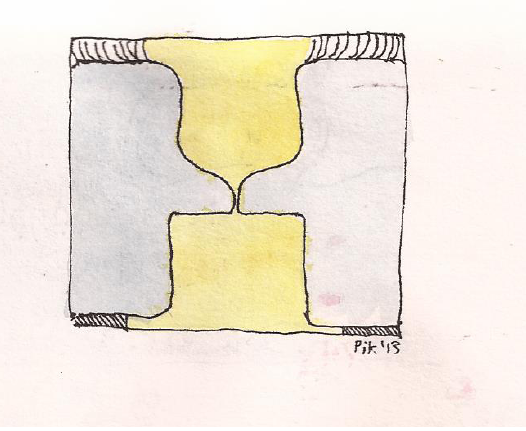
Date rape reporting for university students
We really do not know the statistics for date rape in most African settings. If a woman is assaulted by a stranger while going about her work, she is more likely to receive empathy and therefore report. Even then, the stigma associated with her attack and the associated systems of reporting, will make it highly unlikely that she will go to the police.
However, if a woman is seen in the company of the man: at a party, restaurant, walking together – having a good time, then reports that the man took her to his house and raped her, she is unlikely to receive much empathy. If the woman had known the man for a long time and they were actually good friends who enjoyed each other’s company, then she stands absolutely no chance.
Date rape these days often involves the use of drugs, spiking a drink. The woman will appear high as she is taken home by what appears to be a kind gentleman.
When she wakes up in a strange bed and tells about the rape, the questions begin….
‘What were you thinking going home with that man?’
‘But he is your boyfriend, were you not out on a date?’
‘Did he hit you or force the clothes of you?’When the reply is ‘no’, then people will shake their heads and leave you to it.
‘Why were you alone with him in the first place?’
The bottom line is…
‘You are lying!’
‘You wanted it – why are you pretending now?’
It’s his word against hers. She was drugged, so her memory is fuzzy. She was in his space, there was no force – her fate is sealed.
This happens in clubs, restaurants, university hostels, across the world. The targets are young women in their early twenties. Young, beautiful individuals that the men in question fancy to force themselves on.
The statistics I have are from an organization called Sexual Health Innovations, whose CEO and founder is Jessica Ladd, herself a rape survivor.
https://www.sexualhealthinnovations.org/initiatives/
The data from the US shows that 1 out of every 5 female students will be sexually
assaulted during their time in the university. However, out of every 10 girls assaulted, only 1 will report and even then, a conviction is rare. It is estimated that 90% of these assaults are committed by repeat assailants and that if these assailants were stopped after their second assault, 60% of rapes would be prevented.
Jessica Ladd and her group created a program for female students at the university to report their sexual assault so that repeat offenders can be prosecuted.
I shall let her tell you about it in her TED talk that was first aired in February 2016.
I look forward to hearing how it works in the colleges where Callisto was launched in 2015 – University of San Franciso and Pomona college. It will not erase date rape, but anything to reduce the rate of repeat offenders getting away with rape is a huge step forward for women.
****************************************
Remember to vote:
http://www.blogawards.co.ke/vote/
16. Best Health Blog
b. http://healthkenya.co.ke/
Comment
Comments are closed.





Solomon
a nice insight